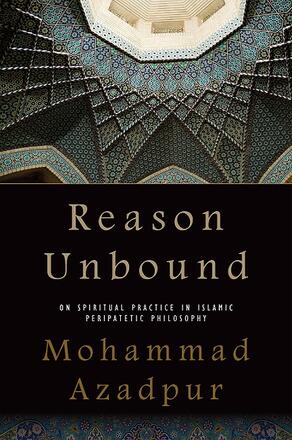
Reason Unbound
On Spiritual Practice in Islamic Peripatetic Philosophy
Alternative formats available from:
A critique of the modern receptions of Islamic Peripatetic philosophy and a validation of the importance of Islamic philosophy for modern philosophy
Description
This intriguing work offers a new perspective on Islamic Peripatetic philosophy, critiquing modern receptions of such thought and highlighting the contribution it can make to contemporary Western philosophy. Mohammad Azadpur focuses on the thought of Alfarabi and Avicenna, who, like ancient Greek philosophers and some of their successors, viewed philosophy as a series of spiritual exercises. However, Muslim Peripatetics differed from their Greek counterparts in assigning importance to prophecy. The Islamic philosophical account of the cultivation of the soul to the point of prophecy unfolds new vistas of intellectual and imaginative experience and accords the philosopher an exceptional dignity and freedom. With reference to both Islamic and Western philosophers, Azadpur discusses how Islamic Peripatetic thought can provide an antidote to some of modernity's philosophical problems. A discussion of the development of later Islamic Peripatetic thought is also included.
Mohammad Azadpur is Associate Professor of Philosophy at San Francisco State University.
Reviews
"Reason Unbound is a clearly articulated work which will be of interest to students and scholars of the history of Islamic philosophy and to those interested in exploring how the Islamic and European philosophical traditions may benefit from each other. " — Journal of Shi'a Islamic Studies
"Reason Unbound provides an excellent synthesis of Islamic philosophy and the continental tradition of European philosophy. The author presents a persuasive argument and backs it up well with evidence from both Islamic and Western philosophy. " — Oliver Leaman, author of Islamic Philosophy: An Introduction